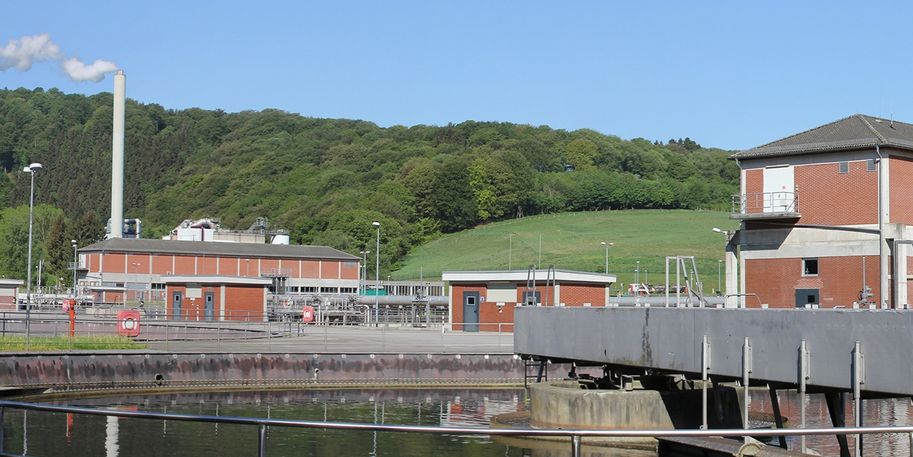Water pollution is increasing - new solutions are needed
Worldwide, 50 million organic chemical compounds are circulating, 5,000 of which are regarded as potentially harmful to the environment. Germany has a lot of industrial agglomerations, and wastewater and water bodies are often heavily contaminated. Almost every household and industry is connected to a wastewater treatment plant (WWTP), but these are often not designed to handle contamination with pharmaceutical residues and organic trace substances. The BMBF-funded ZeroTrace project aims at developing new processes for eliminating micro-pollutants in municipal and industrial WWTPs.
Micro-pollutants as challenges for wastewater treatment plants
German law makers are alarmed and new regulations on removing micro-pollutants from WWTP effluents are expected. Experts agree that there is no substitute for activated carbon for eliminating anthropogenic micro-pollutants. Activated carbon, though, has to be viewed critically in the face of recourse scarcity and efficiency: A big part is extracted from coal – a fossil resource. Producing one kg of activated carbon requires 3 to 5 kg of coal, using fossil energy. And recycling activated carbon requires a lot of energy.
Resource-efficient, on-site elimination process for WWTPs
ZeroTrace aims at developing an activated carbon process using renewable raw materials which can be run at the WWTP site in a resource efficient and sustainable way. To this end, inter 3 cooperates with Wupperverband, Fraunhofer UMSICHT, Bundesanstalt für Materialforschung und -prüfung, Carbotech, EVERS and EnviroChemie. Project activities involve the development of activated carbon for eliminating main micro-pollutants, replacing coal with renewable raw materials. Moreover, a new process for regenerating activated carbon at the WWTP site is developed. In pilot phases at the Wupperverband’s Buchenhofen WWTP and by developing pilot sites the ZeroTrace project results are tested and made available for professionals.
Innovation management and multi-criteria analysis by inter 3
inter 3 merges project R&D activities and early innovation management; it provides its project partners with information on main prerequisites and framework conditions for sustainable, broad application of the new activated carbon process and its integrated regeneration stage. In addition, inter 3 provides political and water industry decision-makers with criteria for trace substance elimination that include classical efficiency aspects, but also socio-economic and environmental costs and benefits.
The ZeroTrace project is funded by the Federal Ministry of Education and Research (BMBF) within its funding priority "Materialien für eine nachhaltige Wasserwirtschaft – MachWas" (Material for sustainable water management) with € 939K.
